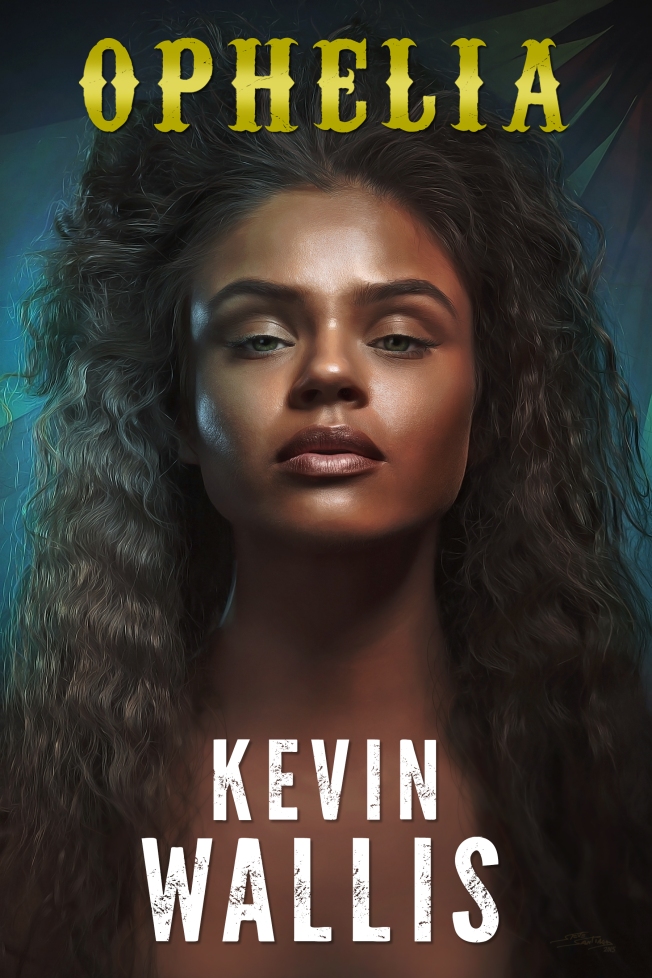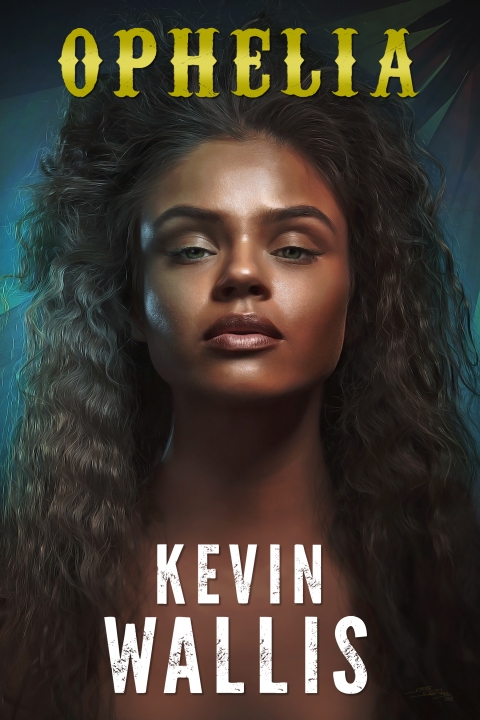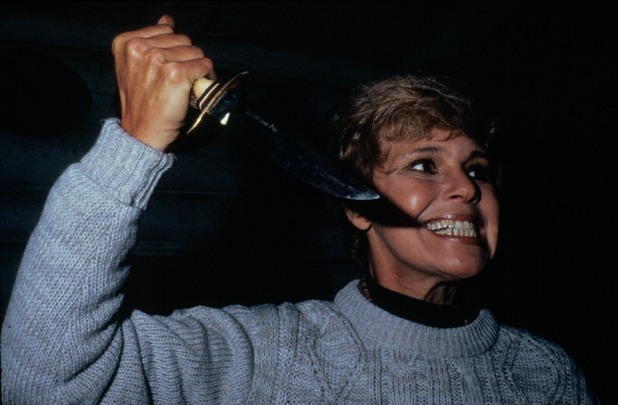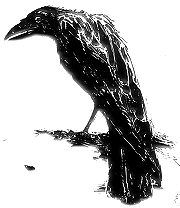I’m rather proud of Stormblade Production’s latest short story, Ophelia by Kevin Wallis, as not only is it a disturbing tale about the depths of the human condition but it also represents Stormblade Productions first step in contracting other authors for work. We’re a small gig, granted, but a paying one with a genuine love for the genre of horror. Go check out Ophelia over on Amazon and if you’ve got a something worth saying in the genre of horror then check out, http://stormbladeproductions.com, we’re open to submissions all year round.
Tag Archives: horror
Coming soon…
And now for something completely different.
Shanty Town Memoirs (1890)
Undead. Spirits. Evil incarnate. Just a few terms used to describe the growing Orthon menace. But the reality being that Ravan’s former army pose more an inconvenience than any actual threat. During my time in Shanty Town, I saw a disempowered people, slave to hoodlums and creatures from the Wastes. Mere shadows of their former selves. Most are unable to speak, save inarticulate grunts. Others lack the capacity to clothe themselves or see to their bodily functions, or even seek shelter when the weather turns foul.
The unenviable task of protecting the unfortunate falls to those that survived Ravan’s process with a modicum of their humanity intact. I spoke with former Doctor Blake and Doctor Herald (both officially deceased) at the ration centre. Both men had been grafted or fused into one singular mass and for easier referral preferred to be called, ‘Genesis’.
Evidently, these men of learning combined to beat the harrowing process of their rebirth. Genesis said, in the accepted sense of the term, the Orthon race no longer aged. Frank in its discussion, this gestalt entity showed no apparent hate for Ravan and his London Body Shops. Instead, it spoke of Minerva: newly announced as the goddess of death. The Orthons were upon her doorstep, or so it claimed, seeking a way back in. When, or if, that time would ever come wasn’t the issue. Forever, if that’s what it took. Regardless, Genesis would do her bidding and wait. Because waiting was all it had left. And when I glanced into the eyes of the former doctors and the endless darkness within their souls, I had a sense of what forever truly meant – and it chilled me to the bone.
F. Nightingale.
Women in Horror
In keeping with Women in Horror month, I’d like to draw your attention to the excellent blog, Day of Woman, which manages to create a fresh view on some of the genre’s best-loved horrors. Follow the link below.
http://dayofwoman.blogspot.co.uk/
That transformation scene . . .
Here’s the question, in the decades since has this scene ever been equalled?
The City in the Sea
by Edgar Allan Poe
Lo! Death has reared himself a throne
In a strange city lying alone
Far down within the dim West,
Where the good and the bad and the worst and the best
Have gone to their eternal rest.
There shrines and palaces and towers
(Time-eaten towers that tremble not!)
Resemble nothing that is ours.
Around, by lifting winds forgot,
Resignedly beneath the sky
The melancholy waters lie.
No rays from the holy heaven come down
On the long night-time of that town;
But light from out the lurid sea
Streams up the turrets silently —
Gleams up the pinnacles far and free —
Up domes — up spires — up kingly halls —
Up fanes — up Babylon-like walls —
Up shadowy long-forgotten bowers
Of sculptured ivy and stone flowers —
Up many and many a marvelous shrine
Whose wreathéd friezes intertwine
The viol, the violet, and the vine.
So blend the turrets and shadows there
That all seem pendulous in the air,
While from a proud tower in the town
Death looks gigantically down.
There open fanes and gaping graves
Yawn level with the luminous waves;
But not the riches there that lie
In each idol’s diamond eye —
Not the gaily-jeweled dead
Tempt the waters from their bed;
For no ripples curl, alas!
Along that wilderness of glass —
No swellings tell that winds may be
Upon some far-off happier sea —
No heavings hint that winds have been
On seas less hideously serene.
But lo, a stir is in the air!
The wave — there is a movement there!
As if the towers had thrust aside,
In slightly sinking, the dull tide —
As if their tops had feebly given
A void within the filmy Heaven.
The waves have now a redder glow —
The hours are breathing faint and low —
And when, amid no earthly moans,
Down, down that town shall settle hence,
Hell, rising from a thousand thrones,
Shall do it reverence.
Waiting on the Road to Palladium (audio)
The Raven
Diary of Evard McGregor
You can’t put something like that into words. How could you? My Sally stood on the centre’s steps, draped in sunlight, dressed in the same dress I’d buried her in. She stood there, smiled, even waved. Smiled because she remembered me. I knew then it didn’t matter what she’d become, she was still my little girl. And that was all that mattered.
Cradling her in my arms, I must have cried for ten minutes straight. It were Sally that patted my head and said, ‘There, there.’
We were the lucky ones. Sally had been able to say her name. I mean, what are the odds? Everything else didn’t matter. Sally was back, that was the important thing. She’d always be my little girl. And that was never going to change.
Not ever.
Diary of Evard McGregor





